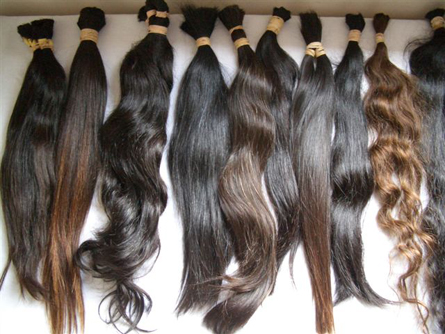Vicarious MFA
The Weave

Poet Eve Grubin told me, many years ago, that a strong poem possesses a weave, an interplay between light and darkness, self and other, internal and external, the lucid and the paradox. She said that it is this weave, not necessarily a linear narrative and firm conclusion, which binds a strong poem together. This might have been my first brain-opening to experimental literature—whatever experimental literature is.
I thought about the weave again when I recently read Rae Armantrout’s essay “Feminist Poetics and the Meaning of Clarity.” Have you read it? It’s good, and it was published in 1992, the year between Nevermind and In Utero. The essay describes the poetry of that time as “univocal…often culminating in a sort of linear epiphany.”
Armantrout depicts a homogenized experience of poetry, one which leaves little room for ambivalence and the interplay of the weave. She then pits this singleness of focus (which I view as an arrow, a Castro peen if you will) against “the core of woman’s condition.” What is the core of woman’s condition? Well, Armantrout says that woman is “internally divided against herself” and I’ll be the first one to back that up.
So, let’s think. A poem possessing a strong weave contains opposing forces. The experience of being a woman on this planet also contains opposing forces (though I’d be willing to bet it does for some dudes too). Is poetry today less linear, more weave-permissive than it was in 1992? Were any of you alive in 1992?
A final thought. In the essay, Armantrout examines Jacques Lacan’s notion that women are excluded from the symbolic order. She perceives this exclusion as a “moment of freedom” and an opportunity to “challenge the contemporary poetic convention of the unified voice.” I can get down with this, in the sense that if I pick up Anne Sexton’s The Death Notebooks (luv u Anne!) a little alarm might go off in my head like “too juicy” or “not trendy” or “do not admit to this on Goodreads.” And I’ve definitely felt at times that my own work is too juicy or messy or does not contain enough self-sustaining deer to comply with today’s contemporary poetic convention(s). Ultimately, though, I don’t know if this discomfort is about being a woman, or an outsider, or a poet, or a human.

“self-sustaining deer”
http://weaveweleave.com/
Susan Howe gave a lecture last week.
The word skein,
which was a big word for mister Hart Crane, and which etymologically
can refer to strands, coiled strands of yarn, or, even, the flight of
fowl, has Anglo-Saxon ties to the word weave.
Here’s Crane:
“The form of my poem rises out of a past that so
overwhelms the present with its worth and vision that I’m at a loss to explain my
delusion that there exist any real links between that past and a future worthy of it. The
“destiny” is long since completed, perhaps the little last section of my poem
[i. e., various drafts of what would become “Atlantis”] is a hangover echo of it
– but it hangs suspended somewhere in the ether like an Absalom by his hair.”
<3
Like the loom in M-Dick
"I say so strange a dreaminess did there then reign all over the ship and
all over the sea, only broken by the intermitting dull sound of the sword, that
it seemed as if this were the Loom of Time, and I myself were a shuttle
mechanically weaving and weaving away at the Fates. There lay the fixed threads
of the warp subject to but one single, ever returning, unchanging vibration,
and that vibration merely enough to admit of the crosswise interblending of
other threads with its own. This warp seemed necessity; and here, thought I,
with my own hand I ply my own shuttle and weave my own destiny into these
unalterable threads."
Maybe this is akin to the lightness / weight opposition as described by Calvino in the Norton lectures, published as Six Memos: the lightness of language vs. the weight of existence.
Are there words that don’t contain opposing forces, or things that aren’t composed by opposing forces?
–Heraclitus, DK 51 (transl. mine)
Who wears the family in these pants?
There are, but they live far away from comment boxes.
only women are allowed to write poetry. only men are allowed to get their poems published.
You mention something by way of saying you can’t be specific in your mention. Religion is fun!
A good interview in relation to this topic. With poet Lara Glenum. She is comparing herself to another writer and Plath.
“In the end, we are all attempting to inject a mortal, non-erotic
female subjectivity into the poem, and it’s an almost impossible task—a
task, according to Plath (in “Lady Lazarus”), nearly as impossible as
reversing history or raising the dead.”
http://rauanklassnik.blogspot.com/2009/05/female-grotesque-and-female-pleasure.html